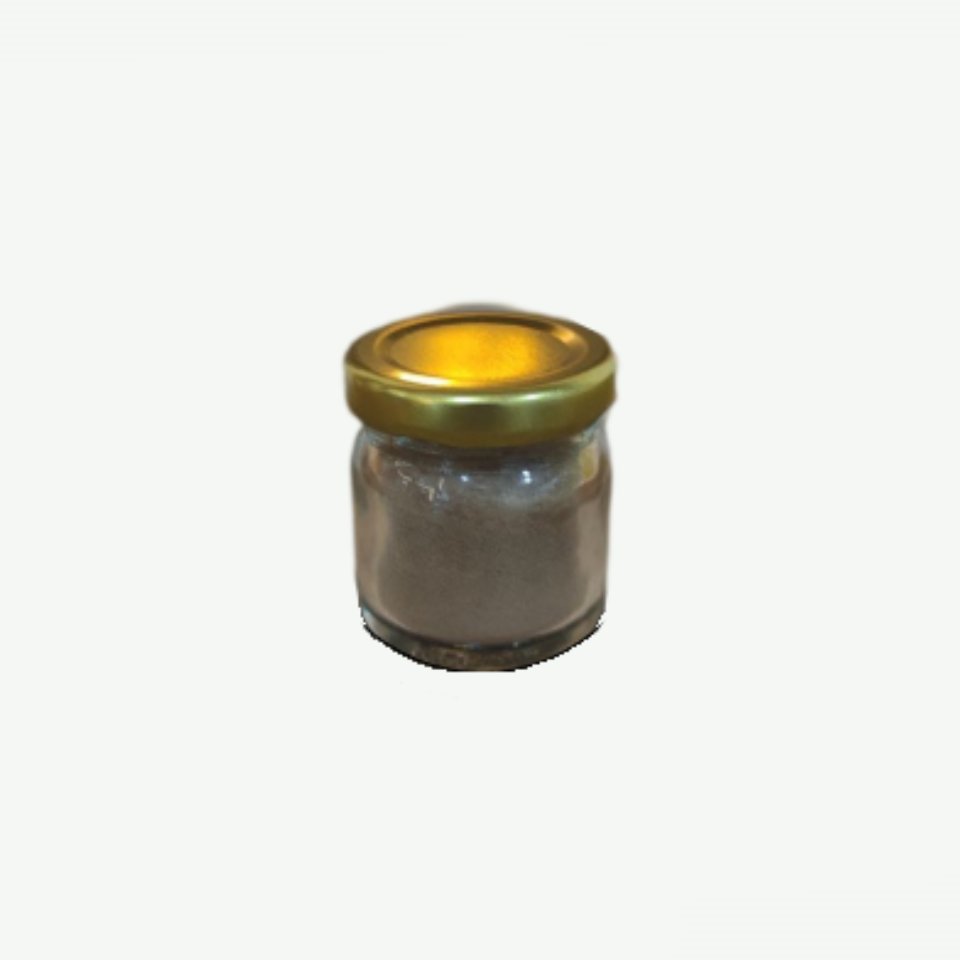Propolis
What is propolis
Propolis – the wonderful bee product and its health benefits
Propolis is a resin-like substance that bees make by mixing beeswax with tree sap and a bit of their saliva. It is used to close the cell and protect the cell from viruses, bacteria, fungi or parasites. Propolis is famous all over the world for its various health benefits.
Date
Propolis has been used as a traditional natural remedy since ancient times. Egyptian, Roman and Greek physicians identified the healing and rejuvenating properties of propolis. In Egypt, propolis was used to treat many health problems and in the embalming process, while in Assyria and ancient Greece it was famous for its wound-healing properties and skin ulcers. Propolis was used very effectively in treating injuries and cuts during the Battle of the Anglo-Boers or during World War II. It was used as an antibacterial agent in the seventeenth and twentieth centuries in Europe. In the history of China, propolis was recognized as an anti-cancer drug and was commonly used to treat various infections.
The main active ingredients
There are now over 300 natural compounds in Propolis, including antioxidants, vitamins, minerals, amino acids, coumarins, phenolic aldehydes, natural stimulants, polyphenols or quinine, citrate. It also contains about 10 percent essential oils, 5 percent bee pollen, and various other organic compounds including resins, botanical balsams, and beeswax.
Wound healing and regeneration
Recent medical research confirms that propolis can actually speed up wound healing which is attributed to its ability to improve the regeneration of damaged tissues. According to a 2018 research article, reviewing the structure and functional properties of propolis, ‘The presence of bio-propolis, arginine, vitamin C, provitamin A, and B along with some minerals has a wound-healing property and thus enhances the healing of injuries. Instead of the individual component, there may be a combined action, which results in the propolis having diverse biological performance’.
Gastrointestinal ulcer
Due to its regenerative and healing properties, propolis is often used internally by people with peptic ulcers. Belostotsky and colleagues described the gastric healing effects of honey, royal jelly, and propolis in mice. According to a 2016 research article, propolis may be effective against Helicobacter pylori which is one of the most common pathogens of peptic ulcers: ‘The inconvenience caused by H. pylori resistance to antibiotics is increasing, posing a global public health problem… In conclusion, We believe that regular consumption of propolis extract, which is rich in phenolic compounds, can contribute to the reduction of several forms of diseases associated with H. pylori. ‘
inflammatory bowel disease
Animal studies have shown that propolis may be beneficial in ulcerative colitis (mainly due to its antioxidant and anti-inflammatory properties), although clinical trials are required to demonstrate the same efficacy and safety in humans.
Immune system booster & modifier
Propolis helps maintain a strong immune system as well due to the fact that it boasts of its antioxidant properties. According to Vijay D. Wagh, ‘The antioxidants in propolis play a huge role in its immune properties. The flavonoids concentrated in propolis are powerful antioxidants’.
Anti-virus
Due to its proven anti-inflammatory, antiviral, and antibacterial properties, propolis can help prevent and shorten the duration of common respiratory illnesses such as the flu or cold. In one study, regular daily doses of propolis were given to a group of schoolchildren during the cold season. As a result, children treated with propolis had fewer colds with acute or chronic symptoms.
According to the results of another trial, the adult group on propolis extract became free of cold symptoms two and a half times faster than the control group. It has been reported that propolis improves the cellular immune response by increasing the mRNA of interferon beta and activating the production of cytokines.
‘Smart’ antibiotic
It’s also important to stress the fact that propolis contains a ‘smart’ antibiotic, which means that unlike synthetic antibiotics, which kill all bacteria, propolis actually appears to only destroy the bad bacteria and leave the beneficial probiotic bacteria untouched.
There are hundreds of articles based on medical research that address the abilities of propolis to not only kill cancer cells but also inhibit DNA synthesis in cancer cells and induce apoptosis (programmed death of abnormal cells). Two types of propolis polyphenols in particular (caffeic acid and artepilin C) appear to have the most effective cancer-fighting properties. For example, a 2016 study showed that propolis extract was able to significantly extend the life of animals with tumors. According to the summary of the same study, “It is clear that propolis extracts can be extremely useful in the treatment of cancer.”
ALBICAN CANDIDA INCREASE GROWTH
Medical research has shown that propolis was able to fight against pathogenic yeasts called Candida albicans, effectively reducing their number and contributing to the prevention and recovery from various problems and symptoms associated with the growth of Candida. According to a scientific review published in 2011 in the Journal of Medical Food, propolis was shown to have stronger antifungal properties than honey, bee pollen, or royal jelly, and was effective against 40 different strains of yeast, including Candida.
Glutathione Booster & Liver Protection
The hepatoprotective activity is another potential benefit of the internal use of propolis, as it has been shown to be effective against mercury-induced oxidative stress in rat livers. According to the study, ‘Propolis inhibits the lipid peroxidation and oxygenation of glutathione while increasing the level of glutathione. The activity of the antioxidant enzymes, i.e., superoxide dismutase, catalase, glutathione S-transferase, and glucose-6-phosphate dehydrogenase, was concurrently restored toward control after propolis administration. The results indicate that propolis strengthens the antioxidant defense against mercury-induced toxicity and provides evidence that it has therapeutic potential as a hepatoprotective agent’.
Genital herpes
According to a study published in Phytomedicine, propolis can be more effective than a commonly used medication for treating genital herpes. 90 participants with genital herpes were divided into 3 groups and underwent different treatments for 10 days. The first group used propolis ointment, the second used the herpes drug acyclovir, and the third group used the placebo ointment. All groups used ointments four times a day. At the end of the trial, 14 out of 30 participants in the drug group, 24 out of 30 in the propolis group, and 12 out of 30 in the placebo group had recovered from genital herpes.
As expected, propolis is also effective against common cold sores caused by the herpes simplex virus (HSV).
Gingivitis
A 2005 trial demonstrated that propolis may have significant antimicrobial activity in the treatment of periodontitis.
Other benefits
It has also been shown that propolis can be effective in fighting intestinal parasites. It improves the fertility of females with endometriosis. showed antidiabetic activity; and promoting dental health (due to its antibacterial properties).
Side Effects and Safety
Taking propolis internally or applying it to the skin appears to be safe, but it can sometimes cause allergic reactions, especially in individuals who are allergic to bees or bee products.
Warnings
Do not use propolis if you are allergic to bee products.
There is not enough reliable information about the safety of taking propolis by pregnant or breastfeeding women.
Although propolis extract has been studied and shown to be very useful in the management of asthma, in some asthmatic patients propolis may make symptoms worse, possibly due to possible allergic reactions.
Because a certain chemical in propolis may slow blood clotting, it is not recommended for use internally by people with bleeding disorders as well as before and after surgery because propolis may increase the risk of bleeding.



Reviews
There are no reviews yet.